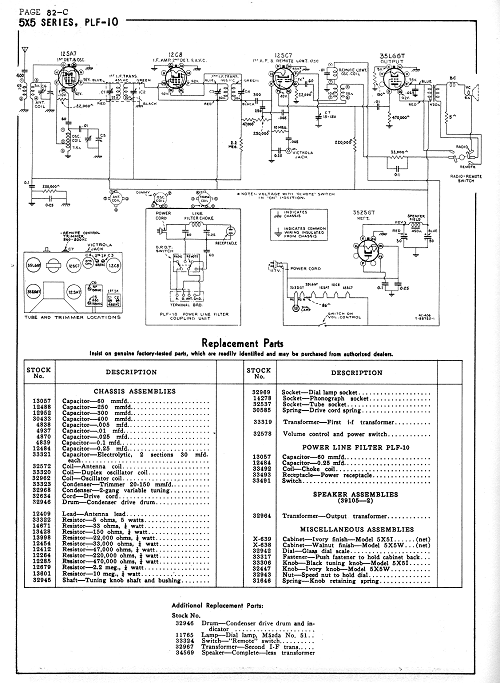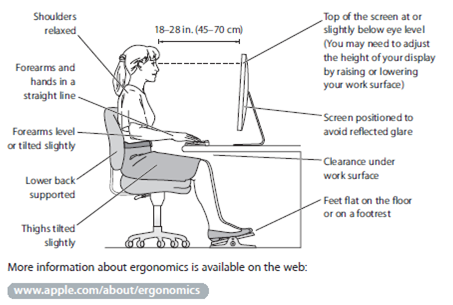For at least a couple of years, Zen Habits was one of the top productivity blogs, dispensing productivity crack for a nominal fee (your reading time).
I’d like to think I helped people move closer to their dreams, but today I have different advice:
Toss productivity advice out the window.
Most of it is well-meaning, but the advice is wrong for a simple reason: it’s meant to squeeze the most productivity out of every day, instead of making your days better.
Imagine instead of cranking out a lot of widgets, you made space for what’s important. Imagine that you worked slower instead of faster, and enjoyed your work. Imagine a world where people matter more than profits.
If any of that appeals to you, let’s look at some traditional productivity advice, and see why we should just toss them out.
1. Get Organized. Sounds good, but getting organized is just rearranging the chairs on the deck of the Titanic. It does nothing to stop the ship from sinking. Instead, simplify. If you have a desk with 5 things in it, you don’t need to organize. If you have a closet with only a handful of clothes, it doesn’t need a closet organizer. If your day has only one or two appointments, there’s no need for a detailed schedule organizer. Simplifying means making important choices about what’s important, rather than ignoring that question and just trying to cram everything into your day (and space) in a logical way.
2. Keep an Idea List. The idea is that whenever you have an idea, you should write it down. Then you’ll never lose an idea, and you’ll always have a list of ideas that you can come back to. Sounds great, right? Except in practice, the idea list is never filled with your best ideas. That’s because when you have a really great idea, you get so excited about it you jump up and want to work on it immediately. Your best ideas are ones that you can’t put off until tomorrow. That’s how you know it’s a great idea. The ideas that go on the Idea List are not your best.
3. Set a Lot of Goals. Only five years ago, I had a long list of goals for each year, and I was pretty decent at getting them done (better than 50% at least). Then I experimented with three goals a year, and I was even more focused. Then I did One Goal, and that was amazing, because it really helped me focus everything I did. Now I do No Goals, and it’s best of all. I let go of future-focused thinking, and focus on what inspires and excites me now. I get even more accomplished, but let go of all the time I used to spend on goal administration (it’s more than you might think) and all my mental energy is freed to do what I want to do right now. You might not want to do No Goals, but try One Goal or three goals.
4. Track Everything. If you want to change it, you have to measure it, right? If you want fast results, you need to track it. Except that’s complete crap. Why do you need such fast results in the first place? And who says you need to track something to change it? I’ve found more meaningful, lasting results when I don’t track, but focus on enjoyment of the activity. For example, if I focus on enjoying running, that makes me want to run more often, and that’s a habit that lasts much longer. If I focus on tracking the running (mileage, speed, VO2 max, intervals, etc), that takes the enjoyment away from the activity (running) and focuses on the results. If you are so focused on the results, the activity becomes only a means to an end. That makes the activity less enjoyable, and therefore less sustainable over the long run. I’ve become fitter than ever by not tracking, but instead enjoying being active. I’ve grown my site more now that I don’t track stats, but instead enjoy the writing. Over the long run, not tracking is better.
5. Be Productive When You’re Waiting. Lots of people do this — you bring a laptop or mobile device or some papers to do some work while you’re waiting at a doctor’s office or at DMV or on the train or in traffic. There’s nothing wrong with this, really, except in the philosophy behind it: that every second should be filled with work, or it’s wasted. I object to this. Sitting in a waiting room, doing nothing but sitting in silence or watching other people, is a beautiful way to spend your time. Reading a novel on a train, or taking a nap, is also wonderful. Waiting in line at DMV or the post office and eavesdropping on other human beings, or making conversation with someone, or just soaking in the sounds of humanity, is arguably more important than doing more work or reading work-related documents. Life isn’t only about work, and productivity isn’t everything. Try some unproductivity instead.
6. Keep Detailed, Context To-Do Lists. In the early days of Zen Habits, back in 2007, I did exactly this — I kept a series of contextual to-do lists for home, work, phone calls, errands, someday, and so on. This became too much work for me, and so instead of organizing, I simplified. I now focus on one or two things to do each day, and if when I get them done, my day is golden. Everything else I do that day is gravy. And the to-do lists gather dust, which turns out to be a very productive thing for them to do.
7. Work Hard in Bursts, with Frequent Breaks. Work hard for 10 minutes and take a break for 5! Or maybe 12 and 3? Maybe 30 minutes of hard work and 10 minutes of break? The exact numbers really depend on your flavor of productivity, but at their heart they miss the point: you shouldn’t be forcing yourself to work hard on something you dread doing, and then take a break to reward or relieve yourself from that dreaded work. You should work on stuff you love, so that you can’t wait to do it, and taking a break is just a matter of enjoying something else (maybe a nice walk, a nice book, a nice conversation with a friend). Life where you work hard in bursts, with some breaks, is dreadful. Life where you’re always doing something you love is art.
Source
Читать далее >>



